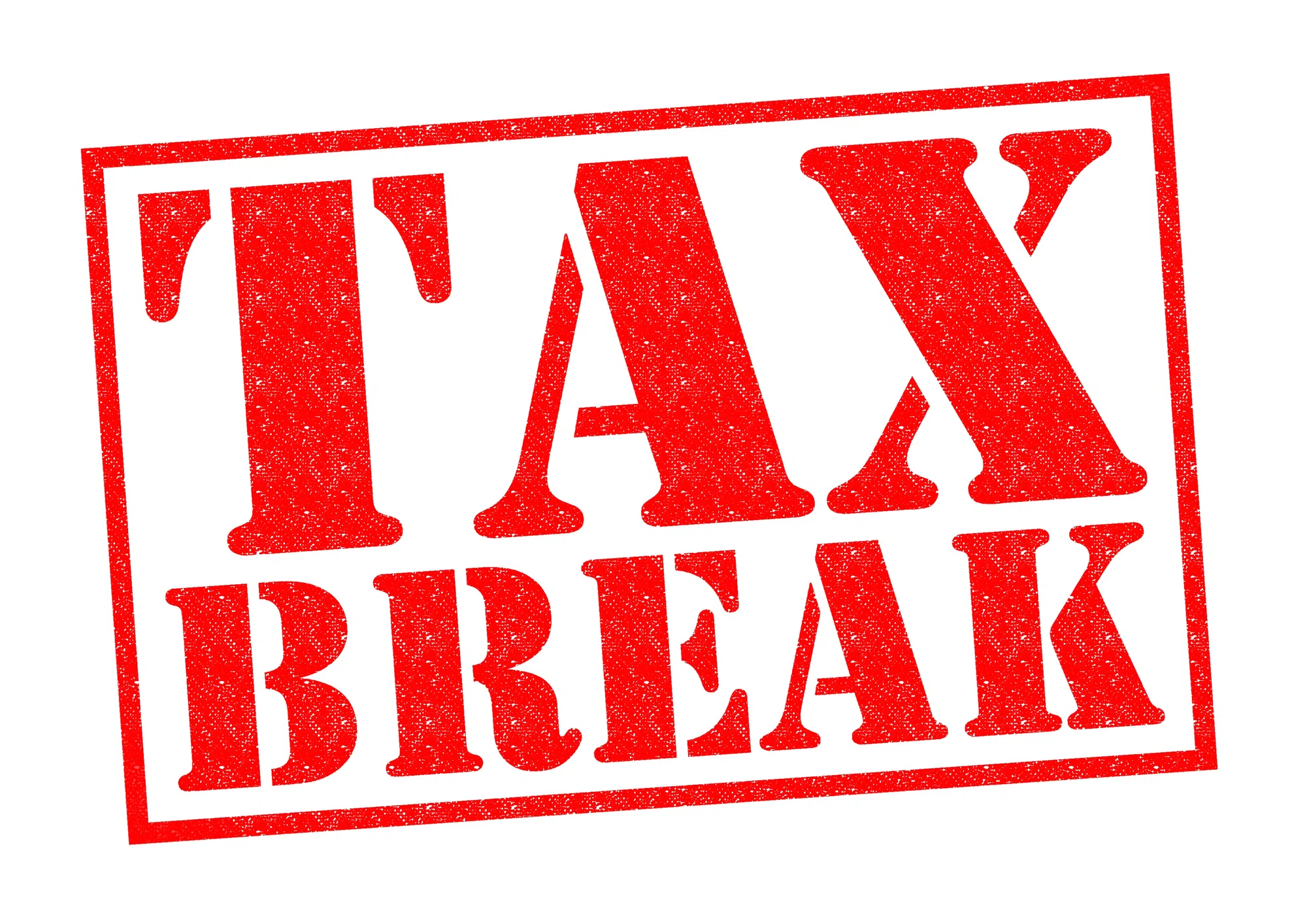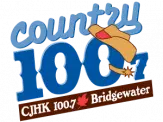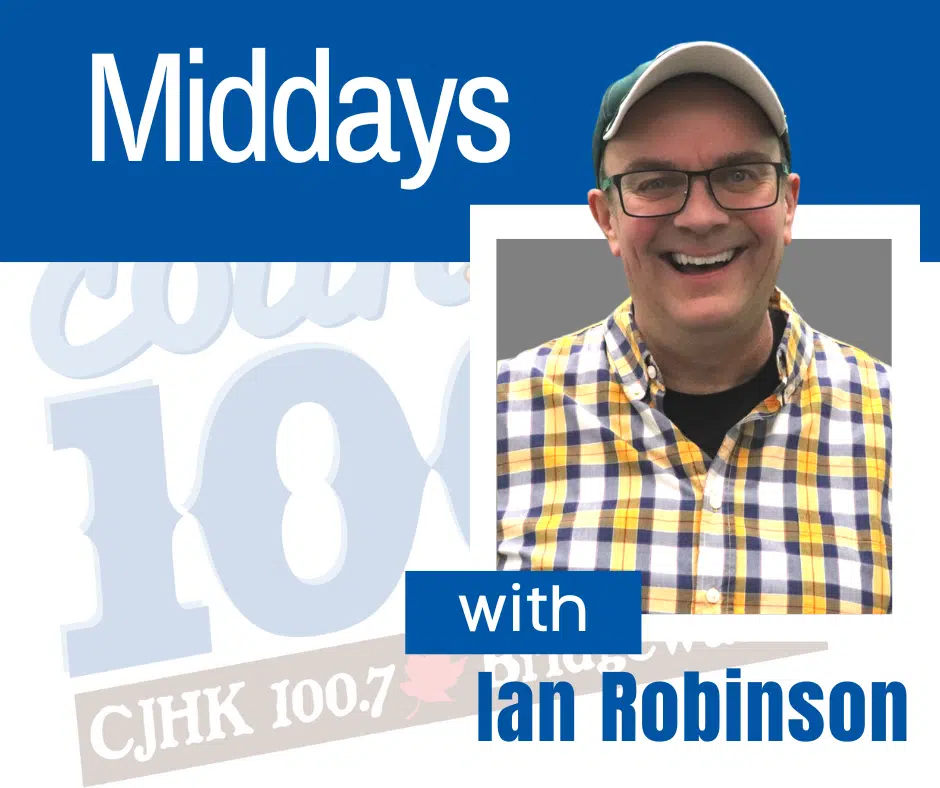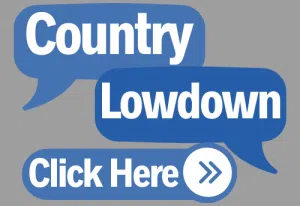
chrisdorney / Depositphotos.com
The Government of Canada will give us a temporary GST/HST break on groceries and certain other qualifying goods from December 14, 2024 until February 15, 2025.
What items will be included? A list of items can be found below, and includes items in each category that would not be eligible.
The below information is from canada.ca
Food
Most basic grocery items already have no GST/HST charged on them.
These food items would also temporarily have no GST/HST charged:
- Prepared foods including sandwiches, salads, vegetable or cheese platters, and pre-made meals
- Snacks including chips, candy, baked goods, fruit-based snacks, and granola bars
These items would not qualify:
- Food sold from a vending machine
- Dietary supplements
- Cannabis products sold in the form of food
- Other items that do not qualify as food for human consumption (for example, pet food)
Beverages
These items would qualify:
- Non-alcoholic drinks, such as coffee, tea, carbonated drinks, juices, and smoothies
- Eligible alcoholic beverages:
- Beer and malt beverages, for example, canned or bottled beer, pitchers of beer
- Wine, cider and sake (including fortified) that are 22.9% alcohol by volume (ABV) or less
- Spirit coolers and premixed alcoholic beverages that are 7% ABV or less
These items would not qualify:
- Beverages sold from a vending machine
- Non-eligible alcoholic beverages:
- Alcoholic spirits and liqueurs
- Alcoholic beverages (other than beer, malt beverages, wine, cider, and sake) with more than 7% ABV
- Dietary supplements
- Cannabis products sold in the form of a beverage
Prepared meals
Prepared meals and food, as well as all non-alcoholic beverages and eligible alcoholic beverages qualify for GST/HST relief during the eligible period when they are provided at restaurants, pubs, bars, food trucks, and other establishments that serve food and/or beverages. Cannabis products that are food or beverages do not qualify for GST/HST relief.
Food delivery
When an eating establishment bills a customer directly for delivery of a prepared meal, the delivery service qualifies because it generally has the same tax status as the prepared meal
However, when a delivered prepared meal is ordered through a platform, two separate transactions occur:
- The prepared meal is provided by the eating establishment to the customer
- A delivery service is provided by the platform provider to the customer
The prepared meal provided by the eating establishment to the customerqualifies for GST/HST relief during the eligible period.
The delivery service provided by the platform provider to the customer does not qualify for GST/HST relief.
Orders that include both qualifying and non-qualifying items
GST/HST relief only applies to the qualifying items (prepared meals, non-alcoholic beverages and eligible alcoholic beverages).
When customers order prepared meals or eligible beverages which qualify for GST/HST relief during the eligible period, the GST/HST does not apply on these items.
However, where a customer orders alcoholic beverages which do not qualify for GST/HST relief (such as spirits and liqueurs), the GST/HST still applies on those items.
Cocktails and mixed beverages
Some beverages that are mixed at the establishment for customers (such as cocktails) may also qualify for GST/HST relief.
Mixed drinks that include only eligible beverages such as beer, malt liquor, or wine, qualify for GST/HST relief.
- For example, a mimosa made of sparkling wine and orange juice would qualify
Mixed drinks that include an alcoholic beverage which does not qualify for GST/HST relief, such as spirits or liqueurs, would not qualify for GST/HST relief.
- For example, a sangria that includes both wine and rum, or a mixed drink such as a vodka and soda, would not qualify
Tips for Prepared Meals
A mandatory tip or gratuity included as part of the bill amount to pay has the same tax status as the prepared meal. This kind of tip qualifies for GST/HST relief for the eligible period.
GST/HST does not apply to a tip or gratuity that is given freely by a customer to an employee of an eating establishment.
Catering
A catering service generally qualifies for GST/HST relief. The catering service must be for the provision, preparation and serving of food, non-alcoholic beverages or eligible alcoholic beverages to qualify.
Other services that do not qualify for GST/HST relief include (but are not limited to):
- Event admission charges
- Facilities hosting fees
- Fees for musicians, disc jockeys or other entertainers
- Chef services where food is prepared and served by a chef but the ingredients to make the meal are not provided by the chef
Children’s clothing and footwear
These items qualify as children’s clothing or footwear:
- Baby clothes, including bibs, bunting blankets, and receiving blankets
- Children’s clothes in sizes XS, S, M, or L
- Babies’ and children’s socks, hats, ties, scarves, belts, suspenders, gloves, and mittens
- Babies’ footwear
- Children’s footwear with an insole length of 24.25 cm or less
- Sports clothing and dancewear such as jerseys, ski jackets, leotards, unitards, bodysuits, and dual-purpose swimwear that can reasonably be worn outside of sports or dance activities
These items would not qualify:
- Specialized clothing and footwear designed exclusively for sports or recreational activities (for example: wetsuits, soccer cleats, bowling shoes, skates, ski boots, tap shoes, pointe shoes)
- Adult clothing and footwear, even if it’s purchased for a child
- Costumes and make-up
- Jewelry
Children’s diapers
Diapers designed for children and babies qualify, including:
- Cloth or disposable diapers
- Diaper inserts or liners
- Training pants
- Rubber pants designed for use with any of the above items
These items would not qualify:
- Children’s diapers provided as part of a diaper service
- Adult diapers (even if they are purchased for a child)
Incontinence products specially designed for use by individuals with a disability are already not charged GST/HST.
Children’s car seats
These items qualify as children’s car seats:
- Restraint systems or booster cushions that conform to the Canada Motor Vehicle Safety Standards:
- Child restraint systems
- Infant restraint systems
- Booster seats
- Restraint systems for infants with special needs
- In detail: Motor Vehicle Restraint Systems and Booster Seats Safety Regulations – definitions
These items would not qualify:
- Children’s car seats and car booster seats that do not meet the Canada Motor Vehicle Safety Standards
- Travel systems, which are a combination of stroller, carrier and car seat sold as a single package
Children’s toys
Children’s toys that may qualify are:
- Games, including:
- Board games with physical components and rules, including replacement parts and add-on components such as dice
- Card games, including playing cards and Pokémon cards
- Toys, toy sets and toy systems that either:
- Imitate another item, whether real or imaginary
- Involve building, creating or assembling structures, objects or models by using pieces, parts, materials or modelling compound
- Involve sorting, stacking or organizing pieces, parts or materials
- Dolls, plush toys and soft toys and their accessories
These types of children’s toys qualify if they are intended for children under 14 years old for learning or play. Toys that are marketed as being for an age below 14 (for example, a toy recommended for children ages 8 and up) would qualify.
These items would not qualify:
- Collectibles that are not intended for play or learning, such as hockey cards or collectible dolls
- Toys and model sets that are marketed for adults (for example, adult Lego or train sets)
Video game consoles, controllers, and physical video games
These items qualify as video game consoles, controllers, and games:
- Game consoles designed primarily for playing video games
- Controllers designed primarily for playing video games on a qualifying video game console
- Physical video games, in a tangible format designed for the read-only storage of information in digital format, that contains a video game designed for use with a qualifying video game console (for example, game cartridges)
These items would not qualify:
- Downloadable or online-only games
- Other gaming accessories, such as chairs and headsets
Physical books
These items qualify as physical books:
- Most published, printed books (hardcover or softcover)
- Updates of printed books
- Guide books, and atlases that do not mostly contain street or road maps
- Magazines and periodicals (that have no more than 5% of their printed space devoted to advertising) supplied by subscription, if all the consideration is paid during the relief period and only for those magazines or periodicals that are delivered during the relief period
- Physical audio recordings of printed books, if 90% or more of the recording is a spoken reading of a printed book, including abridged versions (for example, a cassette, compact disc, or reel-to-reel tape version of a published book)
- Physical recordings of a performance of a published play
- Bound or unbound printed versions of scripture of any religion, such as the Quran, the Bible, prayer books, missals, hymn books, and Torah scrolls
- Illustrated versions of religious scriptures (for example, comic book versions)
- Printed books that are wrapped or packaged for sale as a single item with a physical read-only medium that is made up of either a reproduction of the printed book or material that makes specific reference to the printed book
These items would not qualify:
- E-books
- Downloadable audio books and e-audio books
- Magazines and periodicals that are not purchased by subscription or that have more than 5% of their printed space devoted to advertising
- Books designed primarily for writing on, such as address books, diaries, journals, and notebooks
- Colouring books, scrapbooks, sticker books, sketchbooks and albums for photographs, stamps or coins
- Brochures, pamphlets, catalogues and advertising material
- Warranty booklets and owner’s manuals
- Agendas and calendars
- Certain directories and collections of street or road maps
- Cut-out and press-out books
- Collections of patterns, stencils, or blueprints
- Programs for events or performances
- Rate books
- Recordings of performances of musical scores
- Recordings of unpublished manuscripts
- CD-ROMs, DVDs, and Blu-ray discs with textual or visual information
Printed newspapers
A qualifying newspaper is a printed newspaper that:
- Contains news, editorials, feature stories, or other information of interest to the general public
- Is published at regular intervals (usually daily, weekly or monthly)
These items would not qualify:
- Electronic and digital publications
- Flyers
- Inserts
- Magazines
- Periodicals
- Shoppers
Christmas and similar decorative trees
Christmas trees and similar decorative trees qualify, including:
- Natural trees
- Artificial trees
- Hanukkah bushes
These items do not qualify:
- Decorations for a Christmas tree or other decorative tree
- Holiday related decorations that are not in the physical form of a tree (for example, Christmas tree themed decorations for a wall)
- Poinsettia plants
How to get this tax break as a shopper
As a shopper, you will automatically receive this tax break on the qualifying things you buy. There will be no GST/HST charged on the item when you make your purchase.








